What We Have Lost
Jared Taylor, American Renaissance, August 16, 2024
The spirit of our people.
This video is available on Rumble, BitChute, and Odysee.
John Attarian was an economist and writer who died in 2004. He wrote that men need heroes “to stretch our souls upward, to inspire and influence us to live as we ought.” He also wrote: “Modernity gives people neither models for noble life nor examples of gallant death, nor compelling reasons for either.”

A noble life, a gallant death. What, in America today, would we even call a noble life? Do those words have any meaning to the people who rule us? And for what would even a professional soldier be glad to give his life in what we would call a gallant death?
Attarian was writing around the time Francis Fukuyama wrote The End of History? in which he argued that by 1989 we had arrived at “the end of history as such: that is, the end point of mankind’s ideological evolution, and the universalization of Western liberal democracy as the final form of human government.”


“The end of history as such.” All the big questions, all the way back to Plato’s Republic, have finally been answered.
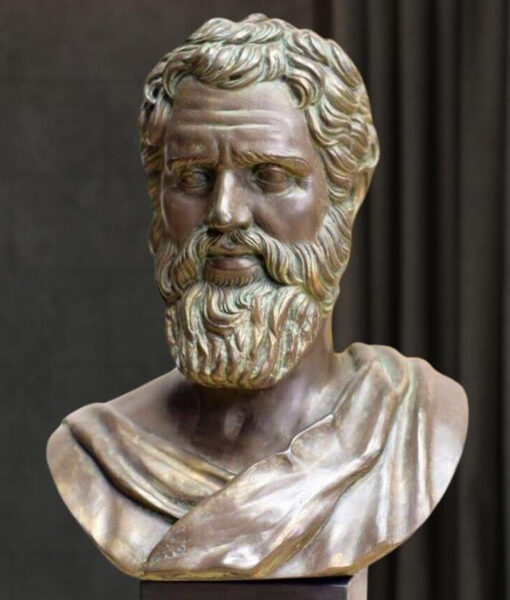
Western liberal democracy is the ultimate end product, and Kamala Harris, by way of Angela Merkel, is no doubt civilization’s supreme achievement.
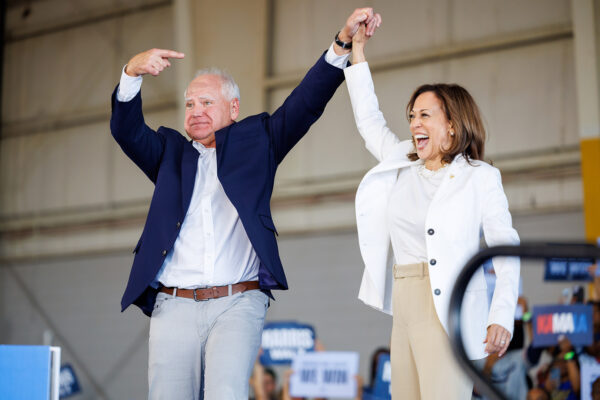
Credit Image: © Andrew Roth/ZUMA Press Wire
Four thousand years of struggle have at last given birth to the “final form of human government,” which, in time, will be universalized and shower its blessings everywhere, from Kalamazoo to Timbuktu.
John Attarian despised liberal democracy. As he wrote: “[D]emocracy and equality are . . . mortal enemies of the heroic. In their leveling of distinctions, their war against standards, and their hatred of hierarchies . . . they deny the reality and worthiness of the exceptional individual, and work to make the world safe for mediocrity.”
He wrote that today’s heroes “seldom merit the name: athletes, rock stars, movie and television actors; mere entertainers all.”
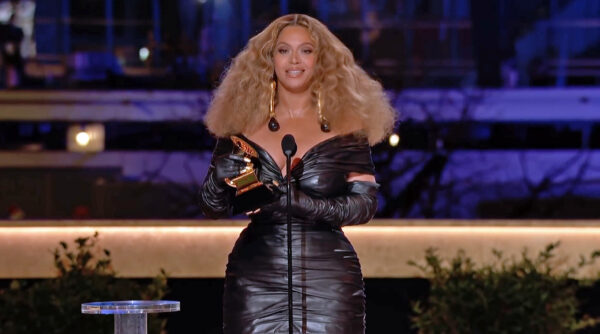
Credit Image: © Recording Academy/DDP via ZUMA Press
And, of course, he was right.
Liberal, multi-racial democracy does not just make the world safe for mediocrity. It explicitly denies the unique beauty or achievement of any group and dismisses the majesty of Europe as an accident that could have been within the grasp of Aztecs or Eskimos or anyone else.

Credit Image: © Xinhua via ZUMA Wire
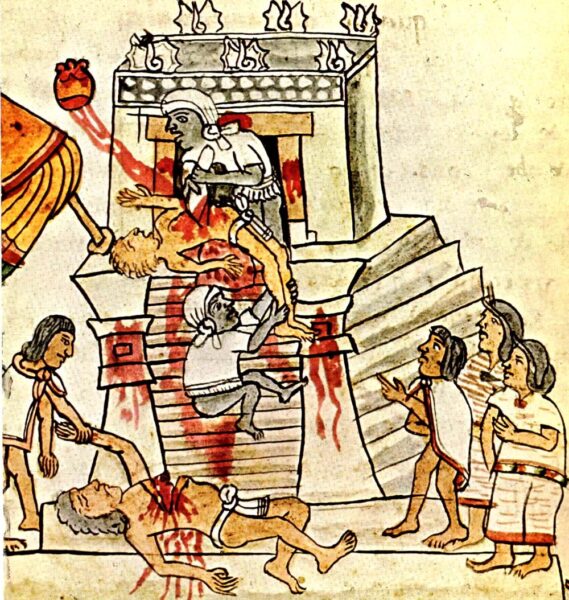
If liberal democracy continues on its way, our people, our heritage, our hopes will be tossed into the common pit and everything we love will be denatured, perverted, lost.
Well, there are at least a few Europeans who will not let history end this way. We decline our designated role as the villains of history and perpetual milk cows for those we have already benefitted far beyond what they deserve.
It’s an election year, so Americans are at their most deluded and simple-minded, and whether they mean to or not, candidates paint a vivid picture of what we have become.

They will fill the air with millions of words. Will even one candidate, even once, use any of these words: honor, duty, sacrifice, nobility, faithfulness, virtue, modesty, obedience. I’m not asking any to be worthy of these words; just to pronounce them. As you listened to these words just now, was there even one living person who came to your mind? How about someone from the past? For me, John F. Kennedy certainly does not come to mind, but in his inaugural address on January 20, 1961, he famously said this: [0:51 – 1:08]
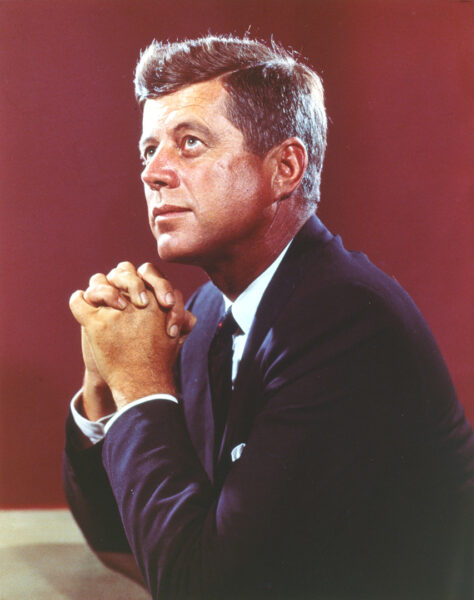
Credit Image: © Movie Star News via ZUMA Press Wire Service
As you can hear, he got a lot of applause, though his wife Jacke, for whatever reason, didn’t join in. And Kennedy was a Democrat. Today, would even a Republican dare ask “fellow Americans” to sacrifice for their country? And do your “fellow Americans” who are black or Hispanic or Indian – of either kind – or Muslim or Chinese or homosexuals or welfare bums even think of the United States as “their country?”
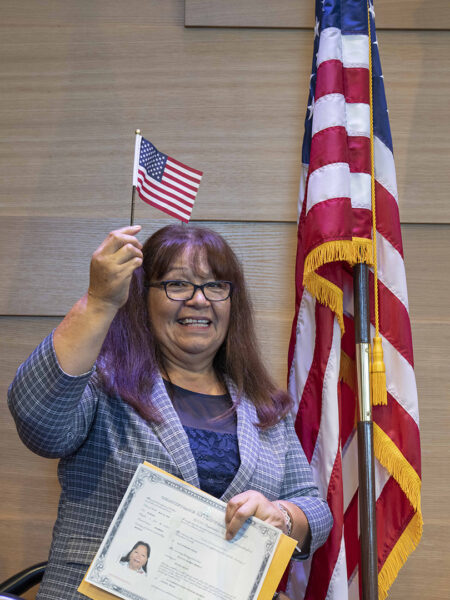
Credit Image: © Bob Daemmrich/ZUMA Press Wire
Would those 10 or 12 million illegals who hopped the border since Kamala has been in charge have even tried to come, if this were a country where people were expected to do something for America rather than the other way around?

Credit Image: © Isaac Guzman/dpa via ZUMA Press
Attarian was right: Our era is rabidly hostile to heroism.
And yet, we don’t have to go very far back in time to find heroism. The nation was founded on it. The men who signed the declaration of independence thought they were probably signing their death warrants.

They were committing a hanging offense: treason against the most powerful empire on earth, but they pledged their lives, their fortunes, and their sacred honor to the cause of independence. Sovereignty was more important than life or fortune.
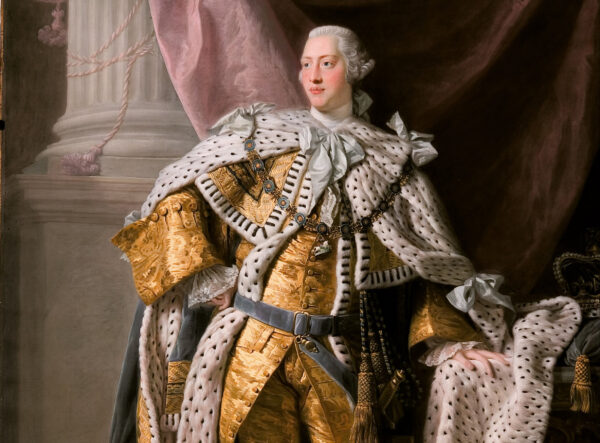
Sam Adams, in his famous speech to the Continental Congress on August 1, 1776, had words for men who preferred submission:

“If ye 1ove wealth better than liberty, the tranquility of servitude than the animating contest of freedom – go from us in peace. We ask not your counsels or arms. Crouch down and lick the hands which feed you. May your chains set lightly upon you, and may posterity forget that ye were our countrymen.”
We Europeans who refuse to let history end are like Sam Adams. Many of our fellow whites prefer the tranquility of servitude. For now, they will enjoy greater wealth if they crouch and lick hands – hands that don’t even feed them, but resent them and even hate them. [4:06 – 4:33]
The ancient Hebrews dressed in sackcloth and ashes to cover themselves in shame.
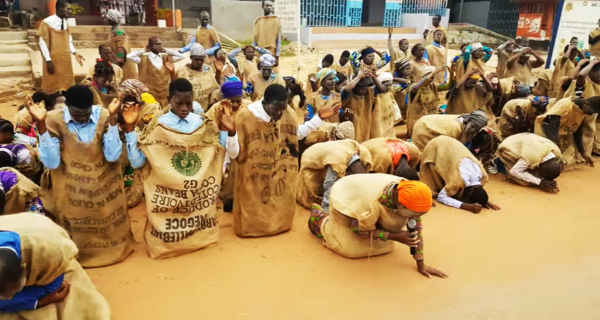
Nancy Pelosi and Charles Schumer wore kente cloth.
Some among us would treat them harshly, but I’m with Sam Adams: “May posterity forget that you were our countrymen.” I can promise you this: It was not for this disgusting spectacle that the Founders pledged their lives, fortunes, and sacred honor.
And there have been times in our history when honor and heroism were common.
The fight on McPherson’s Ridge at Gettysburg of the 26th North Carolina regiment has been told many times. Under the command of Colonel Henry Burgwyn, just 21 years old, it advanced under heavy fire in perfect formation, following the battle flag across a wheat field against the Iron Brigade of the Army of the Potomac.

It was a dangerous honor to carry the flag. The enemy always tried to kill the flag bearer, not just to see the flag go down but because without a flag, a regiment had no focal point or guiding center.
In that short engagement, the 26th lost 14 color-bearers, including commanding officer Col. Burgwyn.
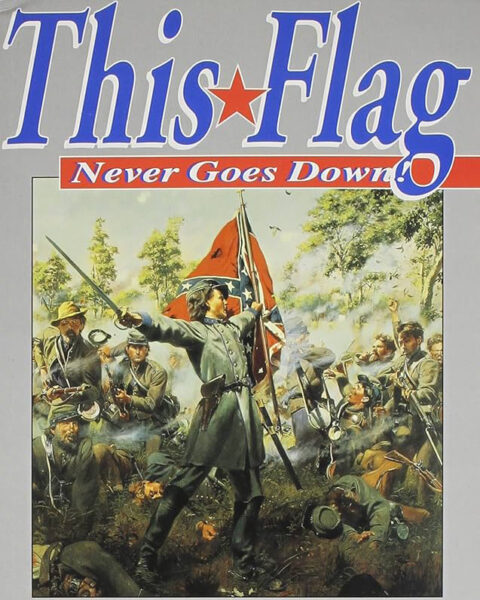
Every time the flag went down, another man snatched it up, sometimes to be hit just seconds later. The flag itself, now in the Museum of the Confederacy, was riddled with bullets.

Here is the flag of the 24th Michigan, the regiment facing the Confederates, forced back after a gallant defense and a staggering casualty rate of 73 percent.

Union General Joshua Chamberlain won the medal of honor at Gettysburg and never forgot Confederate bravery.
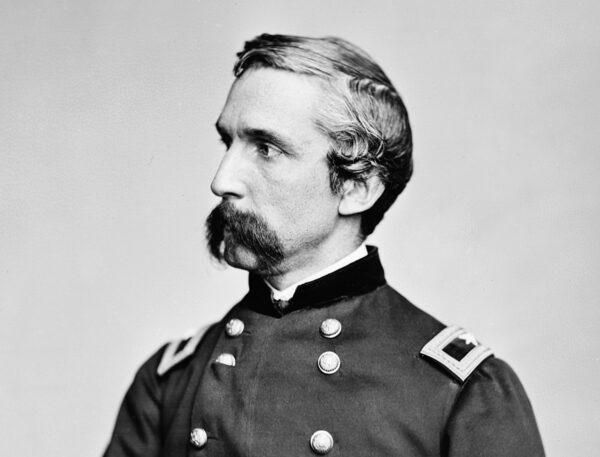
He was named to accept the surrender of Lee’s army at Appomattox, and he ordered his own men to come to attention and “carry arms” as a salute to the men in gray. As he explained:
“Before us in proud humiliation stood the embodiment of manhood: men whom neither toils and sufferings, nor the fact of death, nor disaster, nor hopelessness could bend from their resolve; standing before us now, thin, worn, and famished, but erect, and with eyes looking level into ours, waking memories that bound us together as no other bond;—was not such manhood to be welcomed back into a Union so tested and assured?”
Here, Chamberlain’s men “carry arms” and Confederate General John Gordon drops his sword point to his stirrup in recognition of the honor paid to his soldiers.
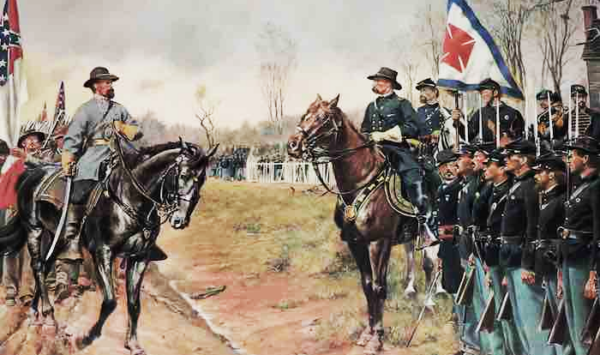
These were men – on both sides – who had a cause more important than life. History was not over for them. They made history, and we remember and honor them for it.
The Marines who took Okinawa, Tarawa, and Saipan made history.
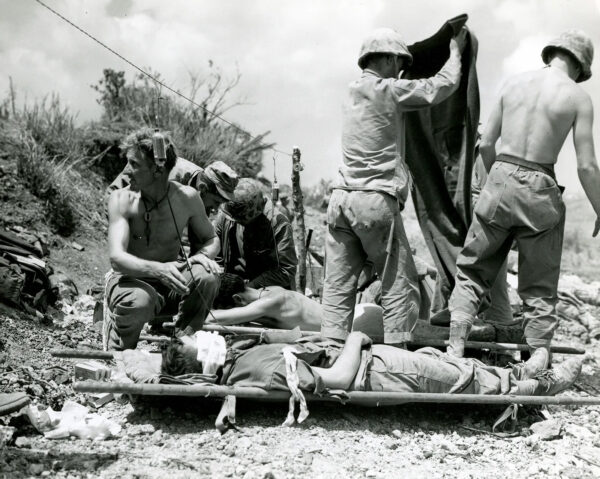
Many died for their country. And they didn’t die for their country so that our generation would give it away to Mexicans and Haitians.
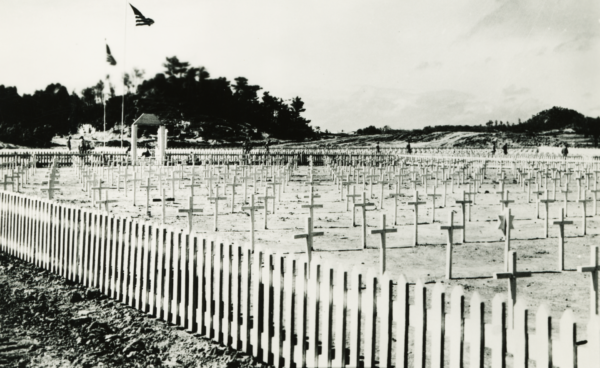
Every European nation has countless such heroes: the French at Austerlitz, the British at Trafalgar, the Germans who defeated the armies of France, Belgium, Holland, and Britain in just six weeks.
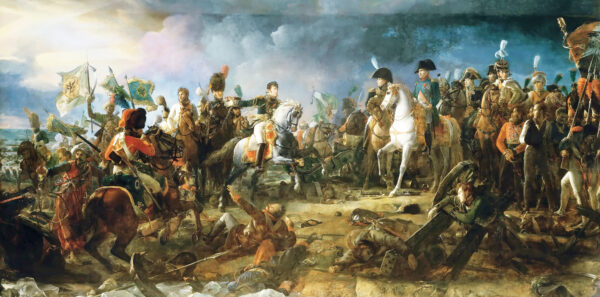
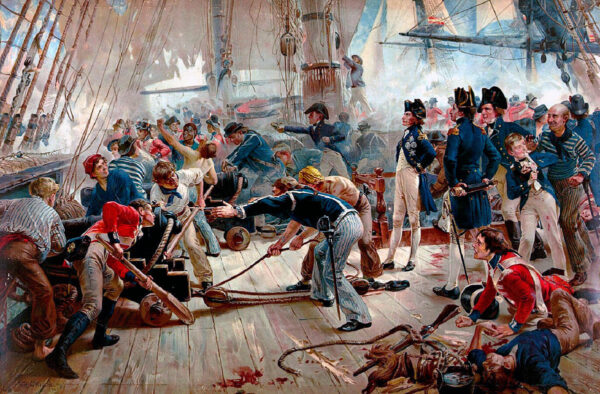
The fight is easier when there are uniforms and battle lines, but some battles, like ours today, are waged with words. Martin Luther risked his life for his conception of Christian truth.
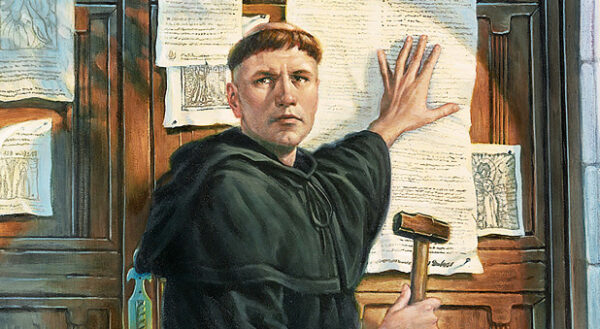
In 1600, Giordano Bruno was tried and burned at the stake for heresy and free thinking.
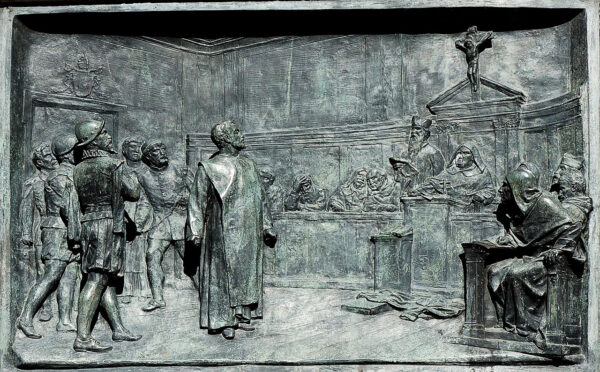
Jastrow, Public domain, via Wikimedia Commons
We no longer burn heretics, but we still have heresies. We are forbidden to say some of the most obviously true things about race, sex, nation. Here are eight bona fide heretics, all of whom were persecuted – some for almost their entire adult lives.
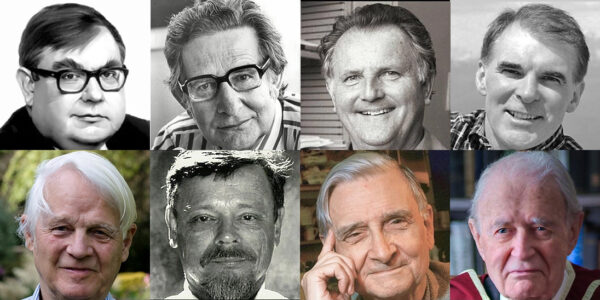
Congratulations to anyone who recognizes them all. Every one of these men is dead.
If I posted pictures of living heretics, there’d be no end to them, including one of the most successful authors of our time, who is now an enemy of the people for saying there are only two sexes.

Credit Image: © Yui Mok/PA Wire via ZUMA Press
Just this week, we even got this headline:
“EU regulator warns Musk against X amplifying ‘harmful content’ ahead of Trump interview.”
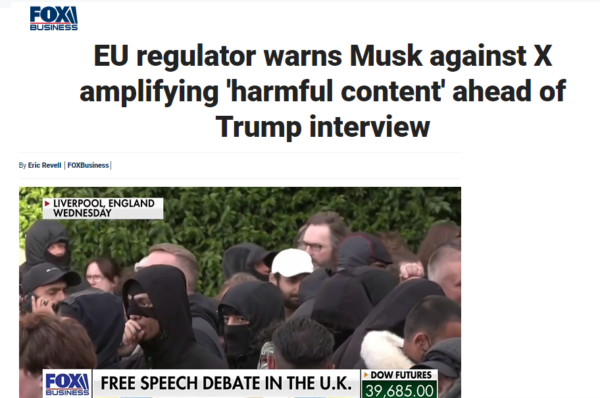
An American citizen can’t interview the Republican candidate for president without being warned that he might break speech-control laws.
It is hard to believe that we really are the descendants of the people who fought those battles.
This is the great mystery of our time: How has the white man been so degraded, denatured, so terrified that he can’t take the simplest steps to ensure his own survival? Many people tell you that Jews have tricked us, others say we have a pathological form of altruism, some think two horrible world wars, practically back to back, killed off our best men and demoralized the rest.
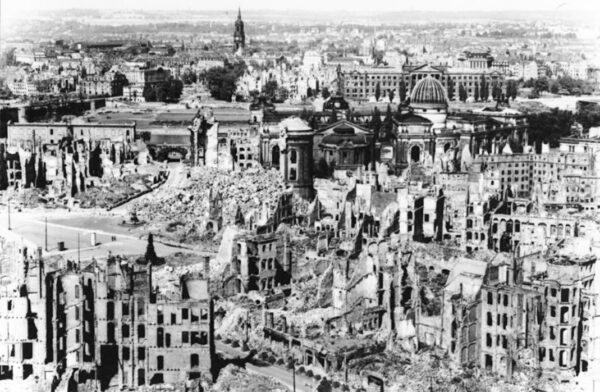
I’m not satisfied with these explanations, and I don’t think insisting on causes does much to help us shake our people back into consciousness.
The immediate problem is those who know but are afraid to speak, those who suspect but are afraid to ask. Men who might march into a hail of bullets but are terrified of the opinions of people they don’t even know and would probably despise if they did know them.
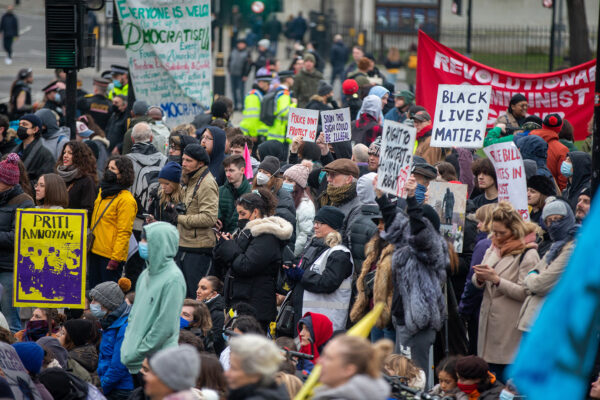
Credit Image: © Tayfun Salci/ZUMA Press Wire
We have the strength if we have the will. We have countless inspiring heroes from the past. But until at least a few of us risk our lives, our fortunes and our sacred honor, we will keep stumbling into oblivion.















